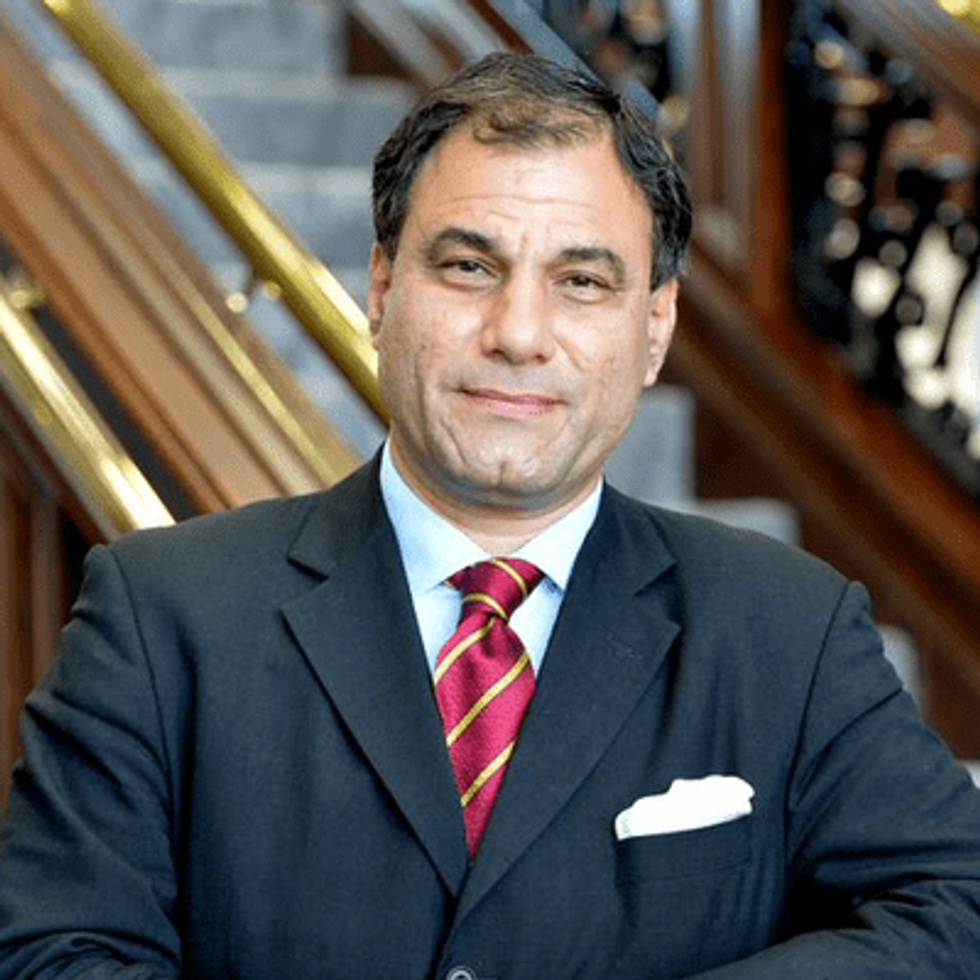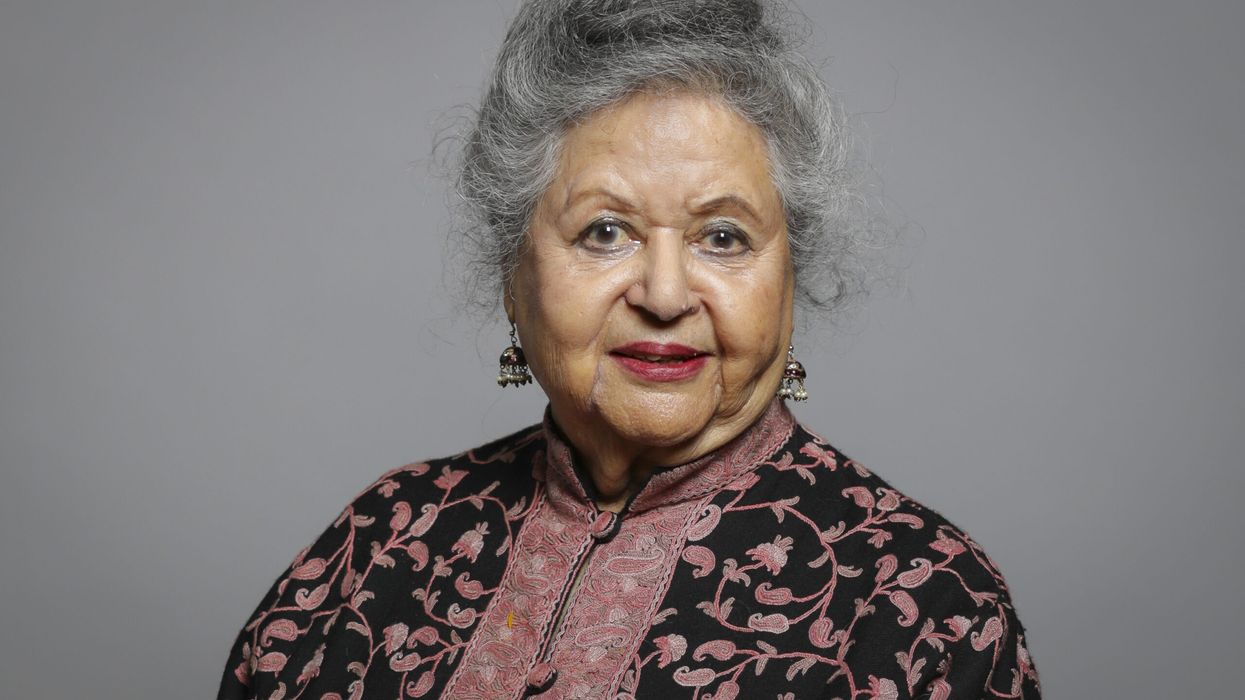I was introduced to Baroness Flather exactly 30 years ago, soon after my wife Heather and I were married.
At our wedding, Julie Barnes, the wife of one of my best friends from boarding school, who was a senior journalist working at the Maidenhead Advisor, said I must meet her friend Shreela Flather who had been mayor of Windsor and was in the House of Lords. She was apparently starting an initiative to engage young Asians with parliament and Julie recommended to Shreela that I join this programme.
It was called Asian Link and Shreela held regular events in the House of Lords - lunches, dinners, receptions - always with a cabinet minister as a speaker. That is how, thanks to Shreela, I first started visiting the House of Lords and getting to know and love it.
Out of that cohort of predominantly young Asians, three of us become parliamentarians - Conservative MP and former minister Shailesh Vara; Dinesh Dhamija, MEP in the Liberal Party and myself, an independent cross-bench member of the House of Lords since 2006.
Shreela Flather hailed from the Rai family, who were known and respected in Lahore. Her brothers were at Doon School (in north India) with my father and his family. At the time of India’s independence, the Rai family moved to Delhi.
Shreela was one of life’s great characters, a true force of nature. She was forthright, outspoken and utterly authentic. She was very clear about her identity in being proud to be Indian, invariably wearing a sari and Indian attire.
However, she was completely integrated within British society and so was a proud Indian, Asian and Briton.
Shreela was an active and regular attender in the House of Lords.
Throughout her life she broke one glass ceiling after another. She was the UK’s first ethnic minority councillor, the first Asian woman to be mayor, when she took charge of the post in Windsor, and the first Asian woman to sit in the House of Lords.
Among her many achievements, the one that I think meant the most to her was the creation of the Memorial Gates on Constitution Hill next to Buckingham Palace.
She had to raise the funds, obtain all the permissions, as well as drive the whole project forward - often against much resistance.
Along with the help of senior army generals and field marshals as well as Viscount Slim, she persisted and the Memorial Gates were eventually inaugurated in 2002 by Queen Elizabeth II.
I remember being present at this very special occasion and ever since, every year, there has been a commemoration ceremony which now takes place on Commonwealth Day in March.
Shreela also set up the Memorial Gates Council and after retiring, I have had the privilege of chairing the council for two terms, including at present.
King Charles, including when he was the Prince of Wales, always sends a wreath and this event is attended by senior armed forces officers, politicians and high commissioners from the Commonwealth, including the Ambassador from Nepal, as well as cadets and schoolchildren.
The Memorial Gates commemorate the service and sacrifice of the five million individuals from south Asia, Africa and the Caribbean who served in the armed forces in the two world wars.
Inside the roof of the pavilion next to the Gates are inscribed the names of the Victoria and George Cross awardees.
Shreela’s husband, Gary Flather QC, who passed away in 2017, was a senior lawyer and judge and suffered from multiple sclerosis. He was in a wheelchair, always accompanied by his dog Mac and his carer. I was privileged to serve with Gary as a fellow commissioner of the Royal Hospital Chelsea appointed by Queen Elizabeth II.

Gary was a wonderful man and never gave up despite his severe illness, and Shreela was devoted to him and supported him throughout.
She is survived by her sons Paul and Marcus. Paul is a professor at Balliol College, University of Oxford. He is now a member of the Memorial Gates Council and a great supporter of his late mother’s cause. Marcus is a professor at the University of East Anglia.
In the House of Lords, Baroness Flather started as a Conservative, crossed the floor to become a cross-bench peer, returned to be a Conservative and returned once again in 2008 to become a cross-bench peer and remained there ever since.
Shreela passed away after a short illness last Tuesday (6).
Heather and I were blessed to have visited her in hospital two days before her passing. She had much difficulty in speaking, but as we were leaving the room, she softly said “bye”.
Shreela Flather made a unique and huge impact throughout her life, and her legacy and inspiration will live on with us always. She passed away a week before her 90th birthday.




